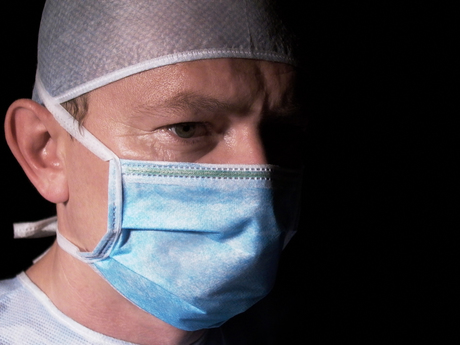First Parkinson's patient implanted with LCT's NTCELL

Living Cell Technologies (ASX:LCT) is looking well placed to progress its phase I trial of Parkinson’s treatment candidate NTCELL, following completion of the first-in-man implant.
The company last week revealed that the first patient has been successfully implanted with the regenerative cell therapy product during brain surgery at Auckland City Hospital.
The patient has recovered well so far and an MRI scan confirms that the NTCELL capsules have been inserted at their intended target, the company said.
This first patient will be monitored for a period of two months to confirm no serious adverse safety events. If the data is positive, the DSMB overseeing the trial will decide whether to approve implantation of the remaining three patients in the trial.
Living Cell’s phase I trial is an open label investigation of the safety and efficacy of NTCELL in four people who have been diagnosed with Parkinson’s disease for at least four years.
Trial principal investigator Dr Barry Snow said the early results have been encouraging. “The team are pleased with how well the patient tolerated the procedure itself,” he said.
“The surgery is relatively straightforward in neurosurgery terms, and we have taken full advantage of well-established techniques, which lowers the clinical risk. The patient will now be monitored closely by the team over the next two months.”
NTCELL is designed to be implanted into areas of the human brain where substantial death of neurons and other cells has occurred.
Here it releases chorus plexus cells, naturally occurring ‘support’ cells for the brain, that have been coated with Living Cell’s IMMUPEL technology to protect them from attack by the body’s immune system.
Living Cell is co-developing NTCELL with Otsuka Pharmaceutical Factory, which is providing the estimated $2.1 million in R&D costs needed for the phase I trial.
Living Cell Technologies (ASX:LCT) shares were trading 4.04% lower at $0.095 as of around 2 pm on Friday.
World's first patient treated with personalised gene editing
In what is being described as a historic medical breakthrough, an infant diagnosed with a rare...
Korea's Haenyeo show genetic adaptation to cold-water diving
The Haenyeo, a group of all-female divers from the Korean island of Jeju, are renowned for their...
Shingles vaccine may lower risk of dementia, heart disease
It turns out that the shingles vaccine may have public-health benefits beyond its intended...





